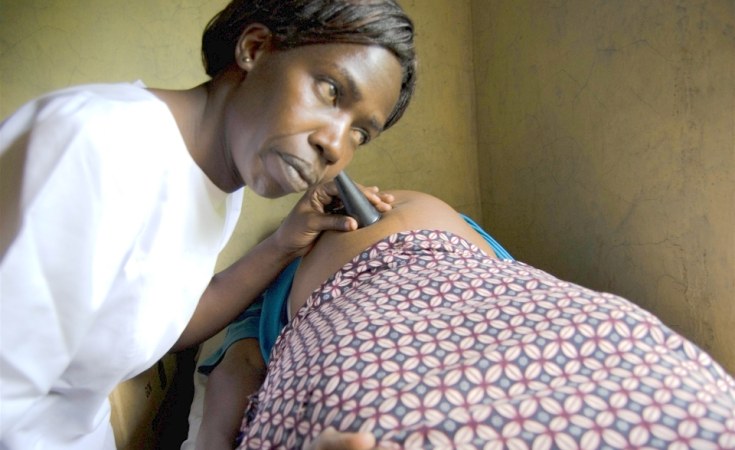Diabetes in expectant mothers is a widespread but little-recognised threat which could be fought relatively easily and cheaply, according to a new study just published.
The U.S.-based NGO, Management Sciences for Health (MSH), says the lack of attention given to diabetes in pregnant women - known as gestational diabetes - could explain why death rates among pregnant women and new mothers are not dropping while other health indicators are improving in developing countries.
MSH says a recent study which it carried out in the northern Tigray province of Ethiopia showed that 11 percent of 1,242 pregnant women screened had gestational diabetes.
Dr. Luis Tam, MSH global technical lead for maternal, newborn, and child health, said the study "underlines the high prevalence of diabetes during pregnancy, which is a seldom-studied but important cause of maternal and neonatal morbidity in low- and lower-middle income countries.
"Diabetes during pregnancy is well-researched and acted upon in higher-income countries. If we want to make further progress in reducing the high ratio of maternal mortality in developing countries, diabetes must be addressed.”
Screening for diabetes is not a routine part of antenatal care in Ethiopia and many other developing countries, says MSH, resulting in only two in 10 cases being diagnosed.
When women were found in the Ethiopian study to have diabetes, eight in ten responded well if they adopted "simple" changes in behaviour, such as improving their diets and getting more exercise.
MSH says diabetes is far more common than HIV and tuberculosis combined, and quotes Dr. Gloria Sangiwa, MSH global technical lead, chronic diseases, as saying the strong response to HIV and Aids shows Africa can address the problem.
“In Ethiopia, diabetes is at least twice as prevalent as HIV, yet it’s easier to manage and has much less stigma," she says. "Unlike HIV infection, diabetes is reversible if diagnosed early on, and it is relatively affordable to manage."
The study was published to draw attention to the issue around International Women's Day. MSH says although the study was small, its results are consistent with the findings of similar studies elsewhere in Africa.


